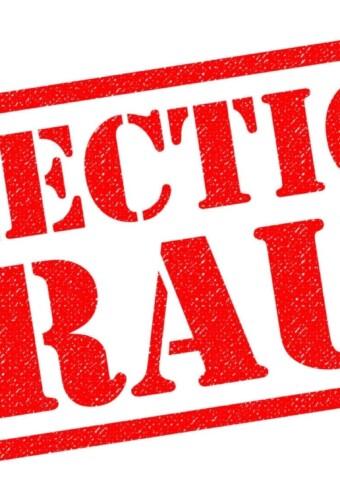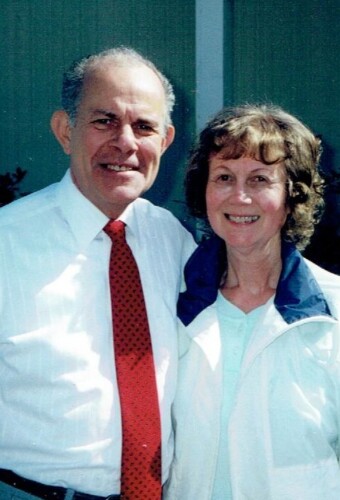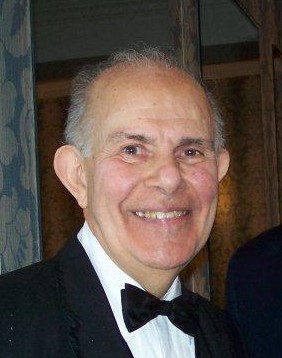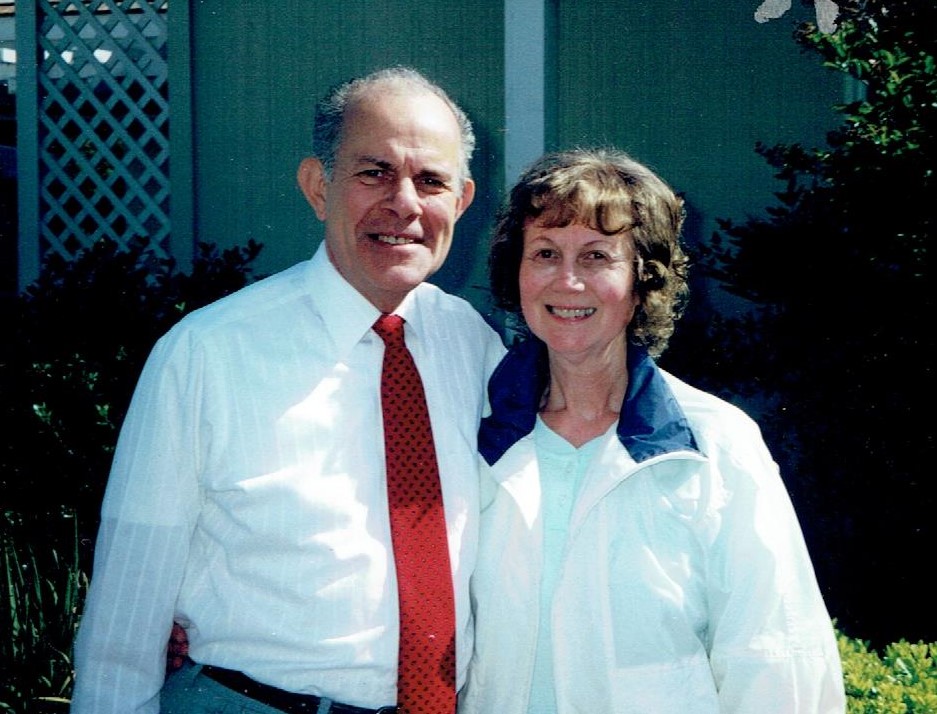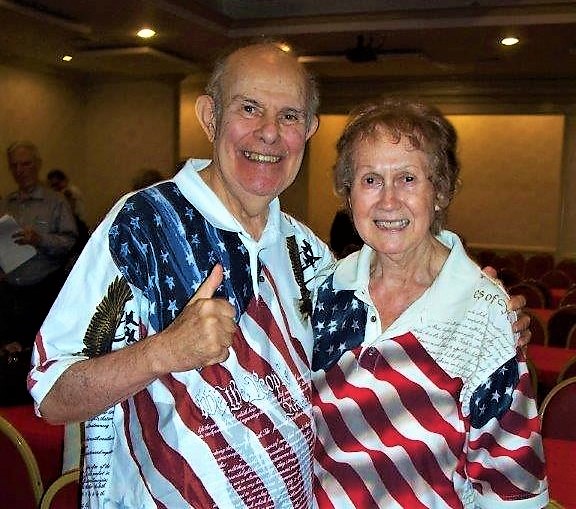Curtis & Nancy Sliwa to Dine at Carmine’s Tonight
To Support the Restaurant & its Workers
7 PM, 2450 Broadway, NYC
NEW YORK: Mayoral Candidate Curtis Sliwa and City Council Candidate for the Upper West Side Nancy Sliwa will have dinner at Carmine’s Restaurant at 7 PM tonight, in support of the restaurant besieged by BLM protestors yesterday. (Nancy is the first Republican to run for the position in 10 years.)
Carmine’s and its workers were targets of BLM attacks last night. Also attacked was Guardian Angel Joshua Penner, who lives in the area and was surrounded by BLM protestors. A video shows BLM protestors screaming a barrage of vulgar verbal and homophobic slurs at Penner, who remained calm
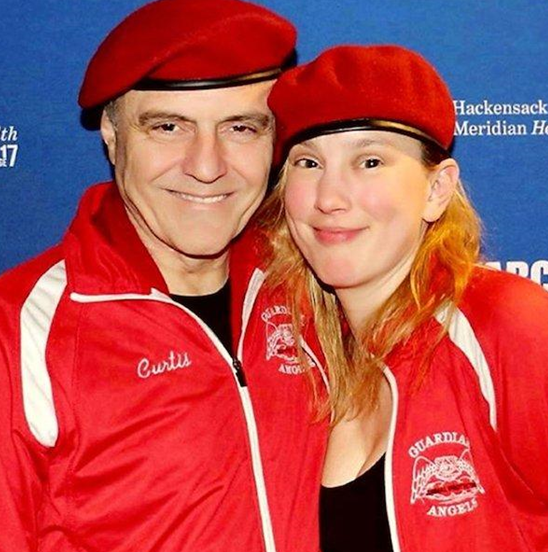
WHERE: Carmine’s Restaurant, 2450 Broadway, NYC
WHEN: Tuesday, September 21 at 7 PM
MEDIA CONTACT: Maria Sliwa, Communications, maria@msliwa.com, 202-750-1684
WEBSITE: SliwaForNY.com

